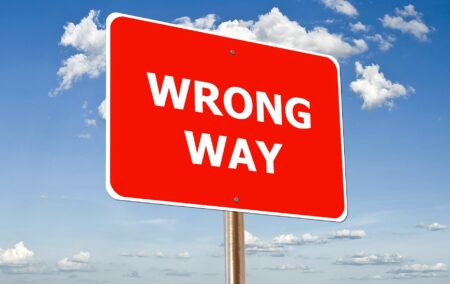If South Africa draws anything positive from the Covid-19 pandemic, it will be that the country finally finds the courage to commit to a firm course of reform.
Even without a health emergency, the country entered 2020 facing a crisis.
For the sake of the country’s future, something needs to give. In London last year, President Cyril Ramaphosa responded to a question on how much time he had to get a reform agenda going by saying ‘not long’.
Perhaps the fallout from Covid-19 is the impetus that is needed to get that on track. Seen alongside the long-anticipated loss of South Africa’s last remaining investment-grade credit rating, it can confidently be stated that whatever time the president may have been biding has now passed. Finance minister Tito Mboweni has said that President Ramaphosa has agreed to push reform with more energy.
The virus outbreak has foregrounded South Africa’s numerous challenges. Its disturbing inequalities, the dire poverty and poor social conditions in which millions live, raise concerns about the efficacy of the country’s containment measures.
Whether its rickety public health service will be able to cope with a wave of hospitalisations, or its administrative and security apparatus will be able to oversee the emergency measures, remains to be seen.
The pandemic is likely to show up the delusion in the country’s pretensions of being a ‘developmental state’
Yet it is clear that a failure to achieve higher levels of prosperity and enhanced living standards and the abuse and mismanagement of the state over the years have placed the capacity of the country to respond in great jeopardy. The pandemic is likely to show up the delusion in the country’s pretensions of being a ‘developmental state’.
When the immediate viral threat has passed – whenever that may be – we as a society will need to tabulate the damage, and decide how to move forward.
There has been much discussion in the media about the impact of the lockdown on small business. Bernard Swanepoel of the Small Business Institute said correctly that despite decades of rhetoric about the value of a small business economy, little consideration or assistance had been made available to businesses. The lockdown is a major and damaging shock, but ‘it’s only right to ask whether we were ever really serious about supporting small businesses in the first place.’
It’s an observation applicable to much of South Africa’s economic policy environment.
Ideologically, the African National Congress has always been ambivalent towards business. At times – and for some within its tent, all the time, as a matter of principle – this has shifted into outright hostility. In rhetorical terms at least, President Ramaphosa seems to grasp the folly of this, and the advantages of a cooperative relationship with the business community.
At the inaugural investment conference in October 2018, he made a startling observation: ‘We should treat our entrepreneurs as heroes, and move away from what we had been fed with and [grown] accustomed to here, where we treated our entrepreneurs and businesspeople [badly] … and called them all sorts of names.’
The post-Covid-19 reset will be the definitive choice for the president and for public policy
He continued: ‘We treated them like enemies and … that must end today.’
It has not ended.
The post-Covid-19 reset will be the definitive choice for the president and for public policy. The scale of South Africa’s challenges is such that a strong private sector is a necessity. With the economy facing a growth collapse this year (perhaps as much as 7% of GDP), growth and value-creation need to be a priority.
This will in turn require a change in official and party attitudes. Business needs to be seen as a genuine partner – and the environment for its success created. Regulatory reform, so often punted as necessary though seldom carried out, cannot be postponed.
Dealing with unproductive red tape and scaling back labour legislation are critical. Even more important will be reducing and ultimately dismantling the edifice of race-based policy. Broad-based black economic empowerment has been a brake on business and has imposed costs on economic activity, not least in state procurement, something conceded on several occasions by senior figures in government. B-BBEE has failed to spur growth and has not done a great deal to promote entrepreneurship.
As an immediate measure, B-BBEE requirements should be suspended, pending their abolition. They should be replaced with a policy of encouraging economic participation, and redistribution to society’s poor. This is what we at the IRR term Economic Empowerment for the Disadvantaged (EED).
The state, meanwhile, needs to be professionalised. The patronage-and-politicisation model has served the country poorly. It has undermined growth, laid waste to institutions and compromised the performance of the functions that are necessary – be they policing or environmental protection.
The Covid-19 pandemic has made our current predicament clearly apparent; and the pandemic will leave its mark on South Africa. The choices made in the coming weeks and months will determine whether it drives our rise or accelerates our fall.
If you like what you have just read, subscribe to the Daily Friend

